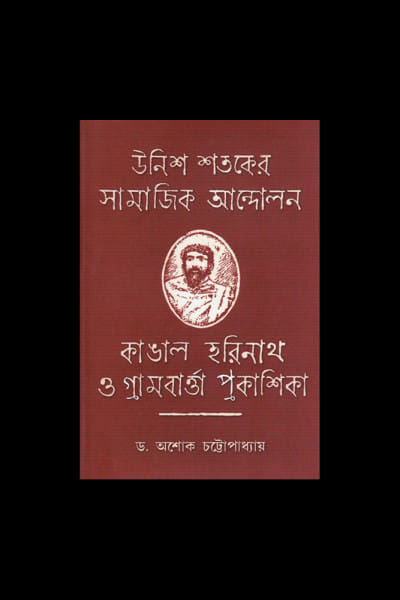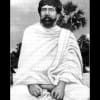The legacy of Kangal Harinath

A teacher of a small village was so overwhelmed by the atrocities of the landowners or zamindars of colonial India that he decided to write something in protest.
A former employee of a British-owned indigo production factory, he was a first-hand witness of the cruelties against the workers who gave their sweat and blood to only be further exploited by the zamindars and the British Raj.
With the help of a loan and his savings, he founded his own publication house in Komarkhali, Kushtia in 1863, as an act of revolution against this oppression. Kangal Harinath Majumdar (July 22, 1833-April 16, 1896) could thus be called the first investigative reporter of the subcontinent with Gram Barta Prokashita, a Bangla weekly that aimed to generate public awareness regarding the veiled tyranny of those in power.
Before Gram Barta he used to write for another newspaper called Sangbad Prabhakar in 1854. However, it was short lived. Gram Barta Prokashika, published first as a monthly, then fortnightly and eventually as a weekly magazine. In the beginning the newspaper was published from Calcutta; from 1863 onwards Harinath started printing it from his own Mathuranath Press in Kumarkhali.
Renowned author Mir Mosharraf Hossain wrote part of his classic novel Bishadshindhu inside this press building in Kumarkhali. In fact the novel and Lalon's songs were also first published in Gram Barta Prokashika.
A disciple of Lalon, Harinath started a Baul group in 1880 and named it 'Kangal Fikir Chander Dal'. He is particularly remembered for the large number and popularity of the Baul songs that he composed. His lyrics and tunes were simple, but the ideas and messages were profound. In his songs Harinath introduced himself as "Kangal" (fakir or mendicant) and the word became part of his name. One of his famed songs is "Din to gelo sandhya holo, paar karo amarey." Satyajit Ray used the song in his film "Pather Panchali."
Between 1883 and 1893, Harinath published his Baul songs in 16 volumes under the title "Kangal Fikirchand Fakirer Gitaboli." Harinath's disciples included Akshay Kumar Maitreya, Dinendranath Roy and Jaladhar Sen.
The spiritual writer wrote 18 books. Among them, "Bijoybasanta" (1859), "Charucharitra" (1863), "Kabitakaumudi" (1866), "Bijoya" (1869), "Kobikalpa" (1870), "Akrur Sangbad" (1873), "Sabitri Natika" (1874), "Chittachapala" (1876), "Kangaler Brahmandaved" (1887-95) and "Matrmahima" (1896) are noteworthy.

 For all latest news, follow The Daily Star's Google News channel.
For all latest news, follow The Daily Star's Google News channel. 





Comments